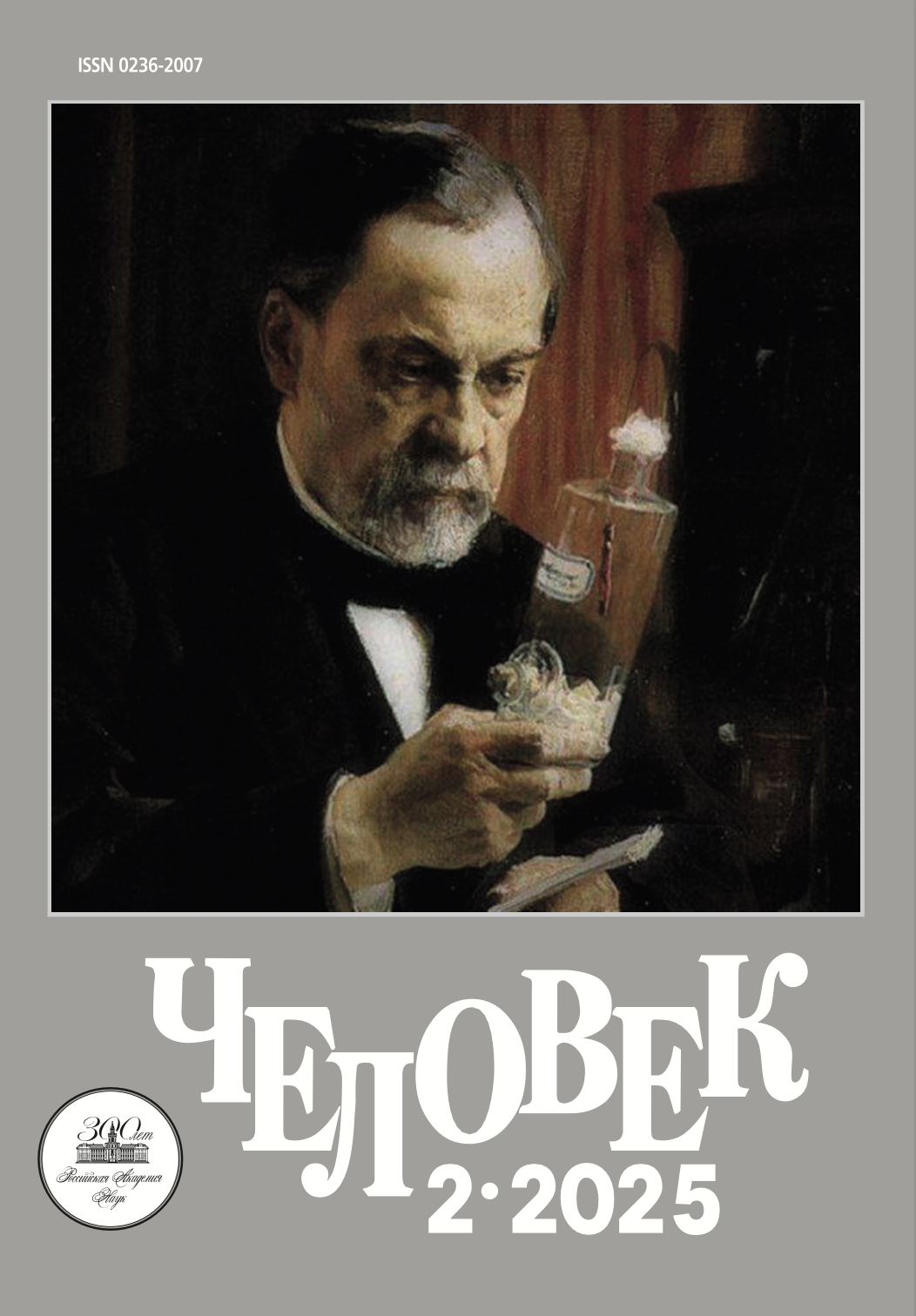Self-Ownership and Bodily Integrity
DOI:
https://doi.org/10.31857/S0236200725020048Keywords:
self-ownership, bodily autonomy, bodily integrity, libertarianism, paternalism, natural rights, property rights, donation, bioethics, well-beingAbstract
Which normative approach to bioethics can best explain and justify the widespread moral intuitions? Libertarians claim that it is the principle of self-ownership, which confers on all persons a natural property right over their bodies. Such a right explains the impermissibility of physical assault on the body, forced labor, and hard paternalism. But it also entails a number of intuitively implausible consequences, such as an unlimited right to sell one’s organs or oneself into slavery, absolute property rights in extrapersonal objects, the absence of positive duties to help others, and the impermissibility of even soft paternalism or taxation of labor. Libertarians believe that we must accept these consequences in order to preserve our own coherence. This article formulates and justifies an alternative approach, the principle of bodily integrity. Placed in the broader context of natural law theory, this principle explains and justifies the widespread intuitions without allowing for counterintuitive consequences. It argues that all people have a universal obligation not to intentionally damage basic human goods in their own lives and in the lives of others. Bodily integrity is one such basic good. The advantage of this principle is that it better fits our understanding of the moral status of children and people with cognitive disorders. The article then examines the implications of these approaches for organ donation. While self-ownership suggests radical reforms in this area, including the legalization of commercial markets in human organs, bodily integrity leads to more moderate legislation in this area, which is already in place in a number of countries.






